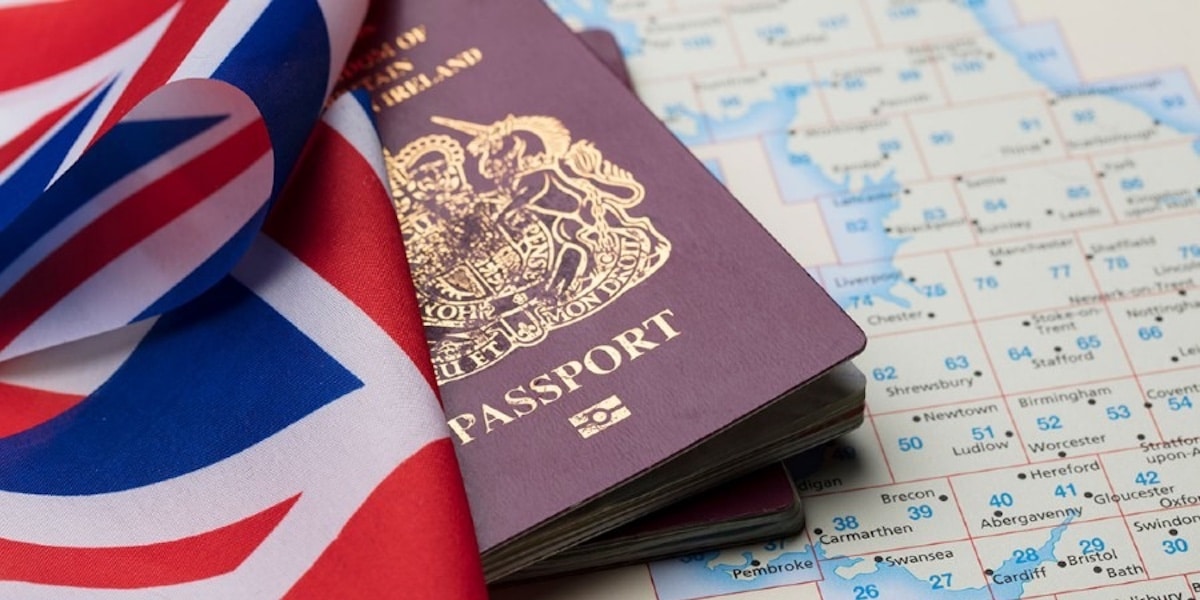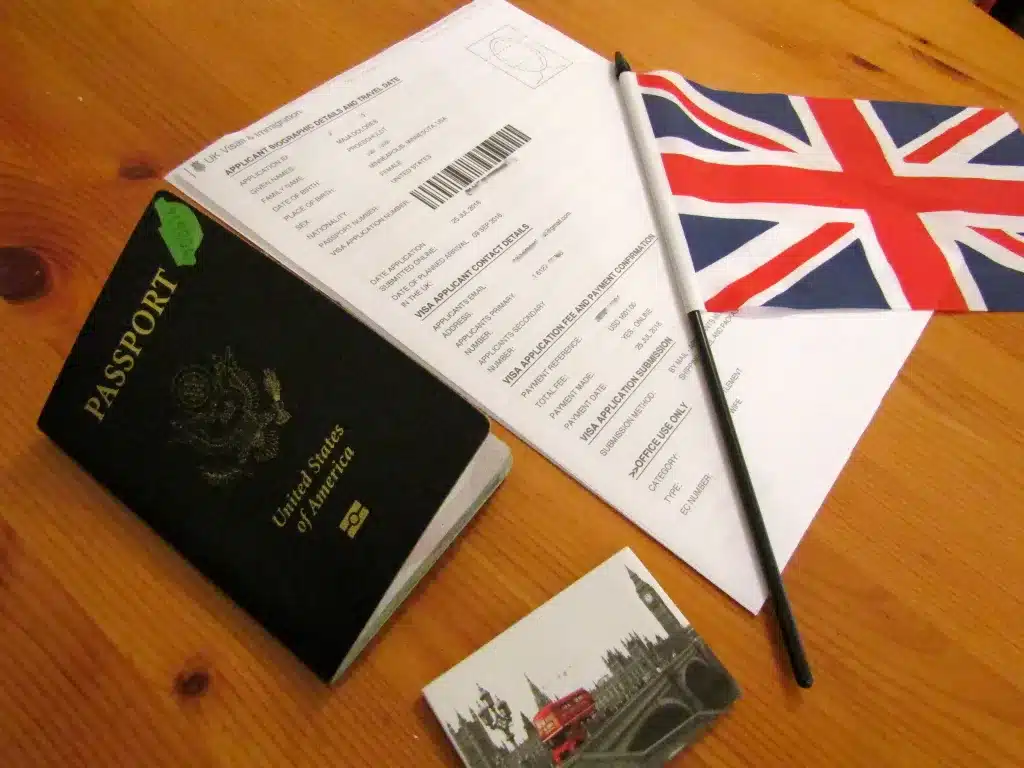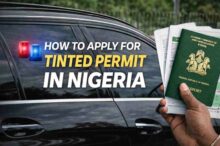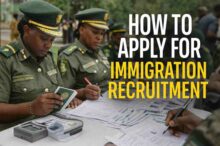How to apply for a UK marriage visa with ease

The United Kingdom offers several visa options for individuals who wish to join their partners or spouses, each tailored to different stages and types of relationships.
Among the main choices are the spousal visa, the marriage visitor visa, and the fiancé(e) or proposed civil partner visa. Each visa type comes with distinct purposes, eligibility requirements, and application processes.
Types of UK Marriage Visas
- Spousal Visa: This visa is designed for individuals who are already legally married to, or in a civil partnership with, a UK citizen or a person with settled status in the UK. It allows the spouse or partner to live, work, and study in the UK. To qualify, the couple must prove a genuine relationship, meet financial requirements, and show proficiency in English.
- Marriage Visitor Visa: This short-term visa is for those planning to travel to the UK solely to get married or enter a civil partnership. It doesn’t allow applicants to stay in the UK long-term or work, and they must leave after the visa period, typically six months.
- Fiancé(e) or Proposed Civil Partner Visa: Available for individuals who plan to marry or enter a civil partnership within six months of arriving in the UK. Applicants need to prove their intention to marry within the visa duration, meet specific financial criteria, and demonstrate a genuine relationship.
These UK marriage visa options provide flexibility for couples at different stages of their relationship, whether intending to visit for a wedding, begin a life together, or join their partner permanently.
Key Differences and Considerations
Each type of visa has its own set of rules and privileges, making it crucial to consider them carefully. A spousal visa allows you to live and work long-term, while a marriage visitor visa limits you to short visits without work rights. If you have a fiancé(e) visa, you need to get married within six months, and then switch to a spousal visa to stay longer. Being aware of these distinctions helps you stay compliant and make informed choices about your visa.
Eligibility and Limitations
The eligibility criteria for each visa type vary and must be carefully followed to prevent refusals. For spousal and fiancé(e) visas, typical requirements include financial stability, proof of a valid relationship, and English proficiency. The marriage visitor visa, however, is mainly concerned with demonstrating the intention for a temporary stay and the ability to be financially independent during the visit. Being aware of these differences in eligibility is crucial for a successful application.
Spousal Visa
The spousal visa, known as the “family of a settled person” visa, is for people whose partners are British citizens or have settled status in the UK. This visa allows the holder to live and work in the UK for a long time, as long as they meet the eligibility requirements.
Detailed Eligibility Criteria
Relationship Validity: Applicants must present strong proof of a legally accepted marriage or civil partnership. This means providing official certificates and, when necessary, proof of living together or shared responsibilities.
- Financial Requirements: The minimum income requirement is £18,600 per year, plus additional funds for each dependent child. You can earn this money through a job, self-employment, or savings. It’s important to provide evidence like payslips, bank statements, or tax returns to support your income claims.
- English Language Proficiency: Showing English skills is required, usually by taking a recognized test or providing proof of a degree taught in English. There are exceptions for people from English-speaking countries or those with specific disabilities.
Comprehensive Application Process
Online Application Submission: To start the process, you need to complete an online application form. It’s important to be accurate because mistakes can cause delays or even rejections.
- Biometric Appointment: Applicants need to book a biometric appointment to give their fingerprints and photos. This step is important for getting the Biometric Residence Permit (BRP), which verifies identity and visa status.
- Supporting Documents: A full set of documents is necessary. This should include proof of your relationship, financial resources, and information about your living arrangements. It’s crucial to verify that these documents are authentic and applicable.
Marriage Visitor Visa
The marriage visitor visa is for people who want to come to the UK to get married or start a civil partnership. It is not meant for those who plan to live in the UK for a long time. This visa is ideal for short visits to complete the marriage or civil partnership ceremony.
Detailed Eligibility Criteria
Temporary Stay Assurance: Applicants must demonstrate their intention to exit the UK after their visit. Evidence like return tickets, job responsibilities in their home country, or property ownership can strengthen this claim.
Marriage Intent Verification: It’s important to provide specific plans for the marriage or civil partnership, such as securing a venue or hiring an officiant. Having communication with venues or vendors can be beneficial.
Financial Sufficiency: Applicants need to submit bank statements or financial guarantees that prove they can support themselves without using public funds while in the UK.
Detailed Application Steps
- Online Application: The process starts with submitting an online application. It’s important to fill out the form accurately, ensuring all information matches the supporting documents.
- Biometric Appointment: You must attend a biometric appointment to provide your photo and fingerprints. This data is essential for your visa application.
- Required Documents: You need to submit several documents with your application. This includes proof of your intention to marry, evidence of financial stability, and connections to your home country. The quality of these documents can greatly affect your application’s outcome. Fiancé(e) or Proposed Civil
Partner Visa
This visa is specifically for those planning to marry or enter a civil partnership with a British citizen or settled person within six months of arriving in the UK.
Eligibility Requirements
Genuine Intent to Marry: Applicants need to show clear plans to marry or form a civil partnership within six months. This can include sharing details about wedding preparations and arrangements.
Financial Support from Sponsor: The sponsor in the UK must fulfill certain financial criteria to support the applicant. This means providing proof of income or savings that meet the required levels. Housing Proof: Applicants must show they have suitable accommodation ready for their arrival. This can be done with rental agreements or documents showing property ownership.
Application Process Overview
- Online Application and Biometric Check: The process starts with an online application, followed by a biometric appointment to confirm identity. This step is vital for processing the visa.
- Required Documents: A thorough collection of documents is needed to back up claims about the intention to marry, financial support, and housing. It’s important to ensure all documents are complete and accurate.
- Visa Duration and Requirements: The visa lasts for six months, during which the marriage or civil partnership must take place. After the marriage, applicants need to apply for a spousal visa to stay in the UK.
- Documents and Evidence Needed: All applicants must provide a complete set of supporting documents, regardless of the visa type. Commonly required documents include:
- Proof of Identity Valid Passport: A current passport is necessary as the main identity document. Make sure the passport is valid for the entire stay.
- Travel History: You may need to show documents like visas and entry stamps to prove your travel history and adherence to immigration rules.
- Additional Identification: Sometimes, you might need to submit more identification, like birth certificates or national IDs, to support your identity claims.
- Proof of Relationship Marriage or Civil Partnership Certificate: You need official certificates to validate the legality of your relationship. These documents should be in English or have certified translations.
- Communication Proof: Evidence of ongoing communication between partners may be required, such as emails, messages, or call logs.
- Joint Responsibilities: Documents showing shared responsibilities, like joint bank accounts or rental agreements, can help prove the relationship’s validity.
Financial Documentation
- Bank Statements and Payslips: Providing recent bank statements and payslips can demonstrate financial stability. They will check for consistency in income and savings.
- Tax Documents: Tax returns can provide extra proof of income and financial responsibility, backing up claims made in the application.
- Sponsorship Forms: If needed, forms filled out by the UK-based partner can confirm claims of financial support.
Accommodation Details
- Tenancy Agreements or Property Deeds: Proof of where the applicant will live is important, with documents showing legal occupancy or ownership of the property.
- Utility Bills or Council Tax Statements: These can act as extra proof of residence, confirming the accommodation arrangements.
- Accommodation Suitability: Evidence that the living space meets UK standards is often necessary, ensuring it is suitable for the applicant’s needs.
Common Pitfalls and Challenges Applicants frequently face issues with not enough documentation or differences in financial details. Careful attention to detail and following guidelines are essential to prevent delays or denials.
Documentation Discrepancies
Inconsistent Information: Differences between application details and supporting documents can result in denials. It’s important to double-check information before submitting.
Procedural Mistakes:
- Missed Deadlines: Not meeting application or appointment deadlines can greatly affect the process. It’s wise to keep track of important dates and set reminders.
- Wrong Form Submission: Sending the incorrect form or an incomplete application can slow down processing. Carefully checking forms before sending them can reduce this risk.
- Missing Biometric Appointments: Not attending biometric appointments can lead to delays or cancellations of applications. It’s essential to schedule and go to these appointments.
Conclusion
Applying for a UK marriage visa requires careful planning and a clear grasp of the eligibility rules and steps involved. By preparing the application thoroughly and following the guidelines, applicants can improve their chances of success.
Importance of Careful Planning
Careful planning is essential for a successful application. Knowing the specific requirements and collecting all needed documents ahead of time can help avoid problems at the last minute.
Getting Expert Help Working with immigration experts or legal advisors can offer important advice, especially for complicated situations or when there are questions. Their knowledge can assist in understanding the detailed parts of the application process.
Interested applicants should check the official UK government website for the most recent information and updates. This helps ensure they follow the current rules and prepare a strong application.
For more help, applicants can visit the official UK government website or talk to immigration experts to manage this complicated process better.










